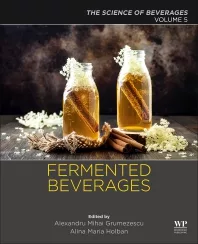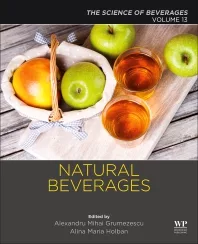Probiotics and Fiber
Consumers dig digestive health
Beverages have become an easy way for consumers to take care of gut health
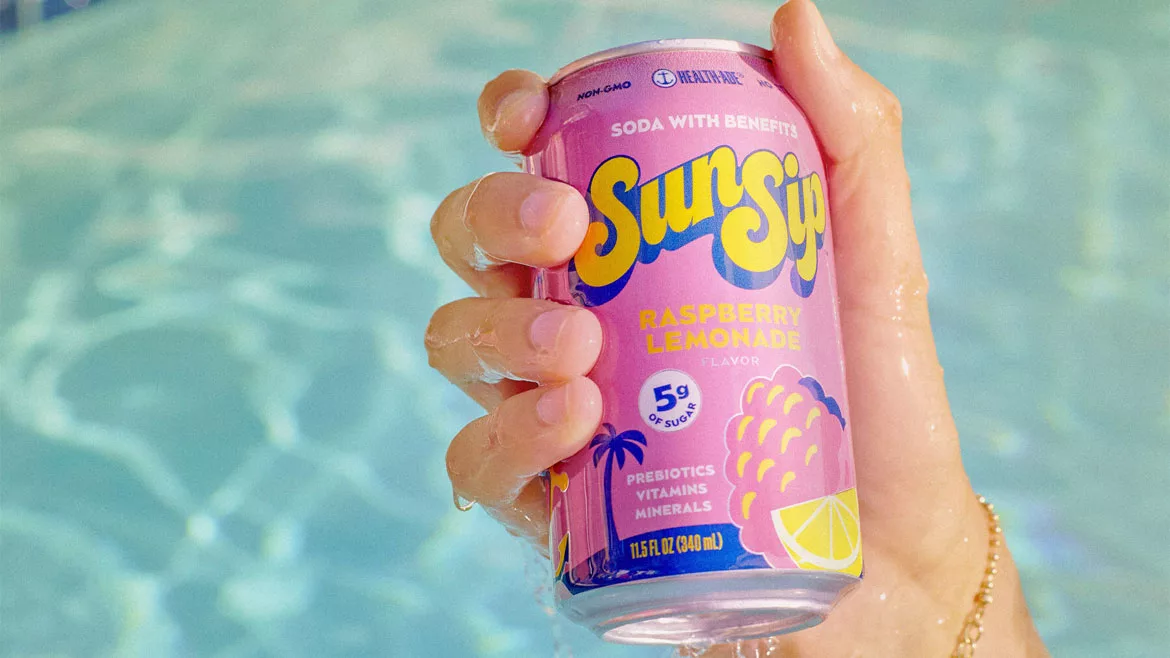
Image courtesy of Health-Ade
Webkinz, a stuffed animal and video game franchise founded in 2005, features stuffed animals with online counterparts for users to play with. Users must take care of their Webkinz like a pet, playing games to earn points to pay for housing, clothing, food and other activities. The more players interact with and take care of their Webkinz, the more successful they are in the game.
Similarly, consumers are noticing that caring for their gut health is impacting their overall well-being — no stuffed animals required.
Kyle Krause, regional product manager for functional fibers and carbohydrates at BENEO, Parsippany, NJ, shares that the current market for digestive health ingredients is growing.
“One reason for the rising demand from consumers is that more and more people recognize the connection between a healthy gut and overall well-being,” he says. “A recent study on behalf of BENEO shows that 82% of U.S. consumers believe that their digestive health greatly influences their physical well-being with 76% agreeing that digestive health positively influences their immune system.”
Krause notes that the digestive system is associated with about 70% of the immune system, so having a healthy immune system is important.
“Functional beverages are a simple way for consumers to get impactful ingredients that support their digestive tracts,” he says.
Vanessa Bailey, senior manager, global strategic marketing for nutrition, health and wellness at Westchester, IL-based Ingredion Inc., echoes similar sentiments.
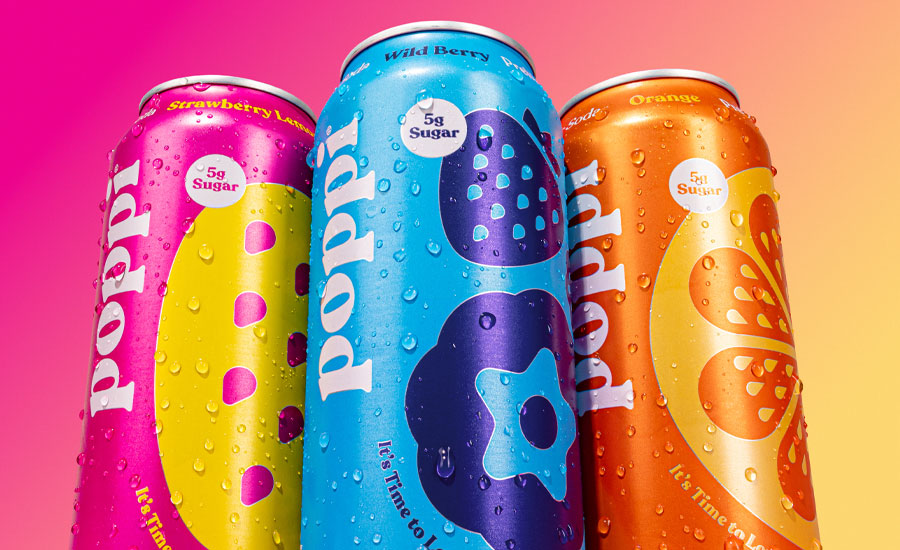
“The digestive health market is a super category, meaning it’s already a large and established category and continues to grow,” Bailey says. “… Because it’s already so large, the industry has been creative in finding new ways to introduce digestive health products through unconventional formats such as soft drinks or pasta. It speaks to how consumers seek ways to get added health benefits in any way they can.”
Thom King, CEO and chief food scientist at Icon Foods, Portland, OR, feels that the market for digestive health ingredients is “vibrant and glowing,” especially in the beverage category.
“When you look at the trajectory and velocity of digestive health soft drink brands like Poppi, which had a commercial in the Super Bowl, and Olipop, which is experiencing huge growth, as well as newcomers like Perfy and Mighty Pop that are also growing, the category is booming,” he says. “Coupled with RTD (ready-to-drink) protein beverages, whey and plant-based, that are leveraging prebiotics, probiotics and postbiotics, we expect continued growth.”
Contributing consumer trends
A plethora of consumer trends is affecting the demand for digestive health ingredients.
Joana Carneiro, Ph.D., CEO of Netherlands-based NutriLeads BV, notes that researchers are seeing the impact that gut microbiome has on daily functions.
“The gut microbiome is one of the most exciting fields of health research,” she says. “The pace of scientific inquiry and clinical results show the microbiome’s influences on everything from immunity to sleep to cognition have reinforced its importance to all aspects of health.”
In terms of consumer understanding, Carneiro adds that consumers increasingly recognize that gut health is “foundational” to their well-being.
BENEO’s Krause says that, witnessing the rising awareness of consumers of the role of the gut for health, the company identified “gut power” as one of the global key trends for 2024.
“Beyond a singular focus on a healthy digestive system is the growing knowledge of how the gut microbiome interacts and communicates with the immune system, nervous system, hormonal system, etc.,” he shares. “Thus, people are looking for food and beverage products that contain ingredients that will support a healthy microbiome and provide a holistic approach to overall well-being.”
He notes that research on the gut microbiome and its impact on health is quickly developing. Because of this, manufacturers are turning to ingredients like prebiotics.
“Only those prebiotics with proven health benefits that can ideally be communicated on pack will make a difference for manufacturers,” Krause says. “Ingredients based on chicory root fiber are the most studied and established prebiotics and are proven prebiotics according to the International Scientific Association for Probiotics (ISAPP). Established health benefits from chicory root fibers include a positive impact on digestive health and well-being, calcium absorption for bone health, reduction of blood glucose response and weight management.”
Icon Foods’ King also notes the increase in consumer education surrounding gut health. He says that digestive health is the mechanism for increased serotonin, bolstering immunity and helping or preventing inflammation.
“Consumers are more aware of the gut brain axis and how good gut health contributes to better mental health through higher amounts of serotonin that are carried through the vagus nerve,” King explains. “This impacts anxiety, which is a huge factor for millennials and Gen Z. Studies have also shown gut health is responsible for 80% of your immune system.”
To help support a healthy gut, King shares that prebiotic fibers can build up the lining of the gut to help with inflammation.
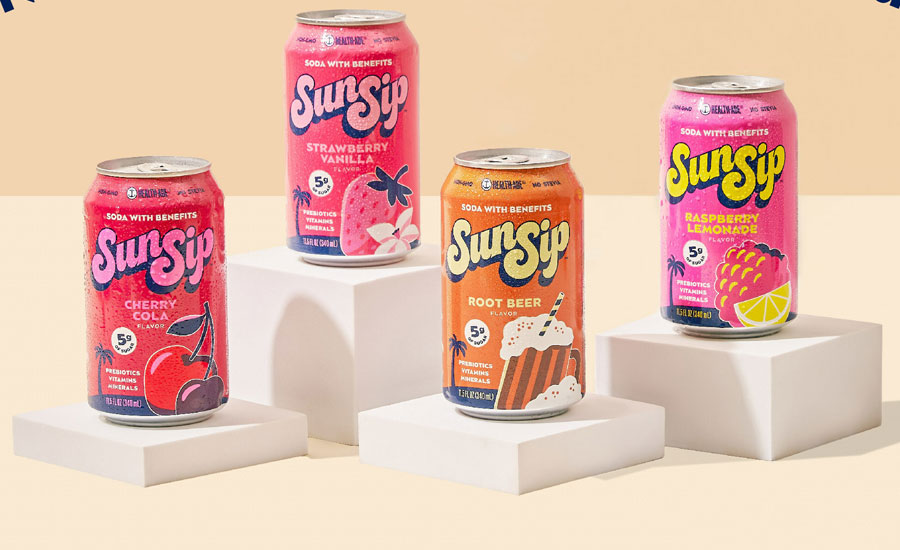
Adapting to demands
Given consumers growing knowledge and interest in digestive health, the demand for ingredients for beverage development also is on the rise.
Vaughn DuBow, global director of marketing for microbiome solutions at ADM, Chicago, states that, although many consumers associate fiber with digestive health support, many fall short of the recommended daily fiber intake.
“This disconnect is key to the influx of functional beverages with added fiber and/or other ingredients for digestive support, like drinkable yogurt, fruit juice, RTD tea and coffee, as well as sports nutrition drinks,” he says.
DuBow explains that ADM’s scientists are continually investigating microbial strains to support aspects of well-being. The company’s DE111 spore-forming probiotic differs from conventional probiotics because it retains functionality through challenging formulation environments.
“Kefir and kombucha are well-known as fermented, probiotic-rich beverages,” he says. “Probiotics are also a fantastic addition to flavored water, carbonated soft drinks (CSDs) and smoothies.”
Also pointing to kefir and kombucha is NutriLeads’ Carneiro, who says several beverage categories have led the innovation of gut health products.
“Popular products include probiotic-rich and fermented drinks, such as kefir, kvass and kombucha,” she shares. “Consumers have also embraced fiber-rich and prebiotic juices and smoothies to strengthen the gut microbiome, as well as herbal teas to alleviate digestive discomfort. Functional waters fortified with electrolytes, probiotics, enzymes or herbal extracts are also gaining traction with health-conscious consumers.”
Aside from fiber, which has “always been an important ingredient for digestive health benefits,” BENEO’s Krause says that there has been an increase in the use of prebiotics and symbiotics. Symbiotics are a blend of prebiotics and probiotics, and Krause considers them to be a novel way to increase digestive health by getting benefits from the combination.
“While new entries into the market may promise to deliver digestive health, it’s important to note that inulin and oligofructose have been proven prebiotics by more than 25 years of scientific research, including many clinical trials,” he explains. “They have been identified as prebiotics by the ISAAP, as well as have been certified by the FDA.”
Krause suggests that such prebiotics fibers can improve the nutritional profile of beverage products, pointing to BENEO’s own portfolio.
“They are easily incorporated into a variety of beverages. … They can also be included in refreshments, including juices, smoothies and sodas, as well as in powder mixes of any kind,” he says.
Krause notes that a wide variety of beverage categories have adopted prebiotic fibers as a key component in the production of healthier alternatives. He says it ranges from sports drinks to dairy and beyond.
Ingredion’s Bailey says that the carbonates category has changed the digestive health landscape. New beverage brands claiming to support digestive health are driving the growth of carbonates in recent years.
“Meal replacements have also seen strong growth … much of this driven by the ready-to-mix type of products,” she notes. “Innovations in the digestive health category are reflective of consumers’ desire to enjoy healthier versions of traditionally unhealthy products, as well as the need to fit more nutrition into a convenient format.”
Going forward with gut health beverages
Looking ahead at the future of digestive health ingredients and beverages, many of the experts agree that consumers will continue to prioritize gut health as they learn about its importance.
“From pre- and post-workout shakes to energizing RTD coffee and seltzers, the beverage category is brimming with potential to deliver tasty digestive health solutions,” ADM’s DuBow says. “Ongoing research will advance scientific knowledge of the intricate relationship between diet, microbiota and health.
“Greater understanding will expand the possibilities of personalized nutrition, whereby nutrition strategies are tailored to the unique needs of individuals to optimize their health and well-being,” he continues.
Icon Foods’ King shares similar insights.
“As consumers become more educated about gut health, they’re going to make more of their buying decisions based on digestive health ingredients,” he states. “There’s a real thirst for knowledge within millennials and Gen Z.”
Ingredion’s Bailey weighs in, suggesting that digestive health ingredients like fibers and prebiotics will appear in categories “that one would not have seen in the past.”
“This trend has been very successful in the past few years and is likely to continue,” she says. “I also expect the technology for incorporating fibers and prebiotics into different foods to continue improving, opening doors for more options.”
NutriLeads’ Carneiro predicts that product innovation will continue to be strong, especially in combination ingredient beverages that offer multiple benefits. She suspects that advancements in science-based ingredients will enable manufacturers to develop beverages that target specific beneficial gut microorganisms and specific health benefits.
“Products with upcycled ingredients are poised for continued growth,” Carneiro adds. “Generation Z and millennials are especially interested in purchasing upcycled products that align with their strong environmental concerns.”
Looking for a reprint of this article?
From high-res PDFs to custom plaques, order your copy today!






